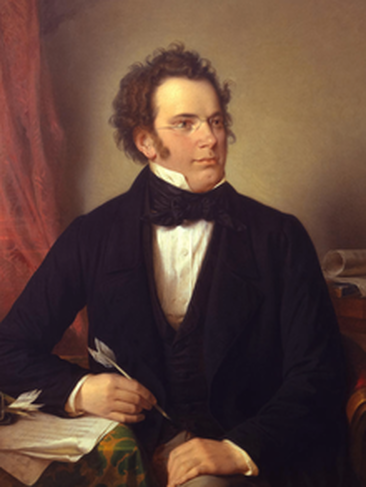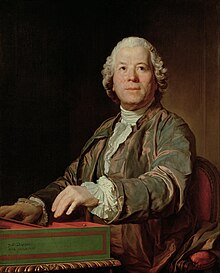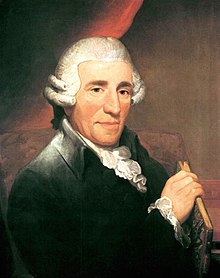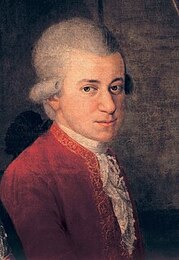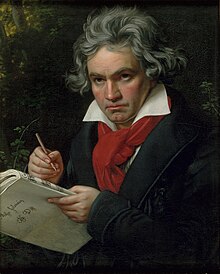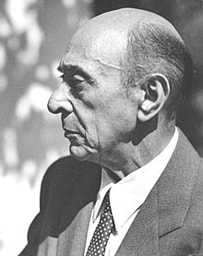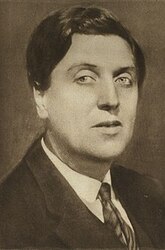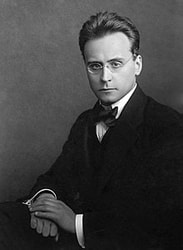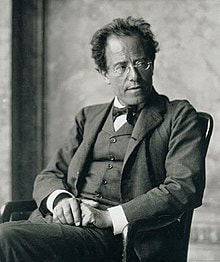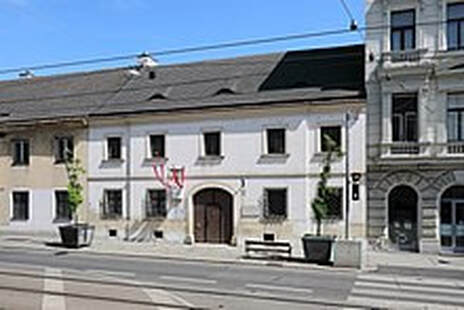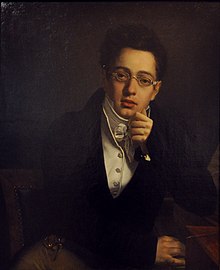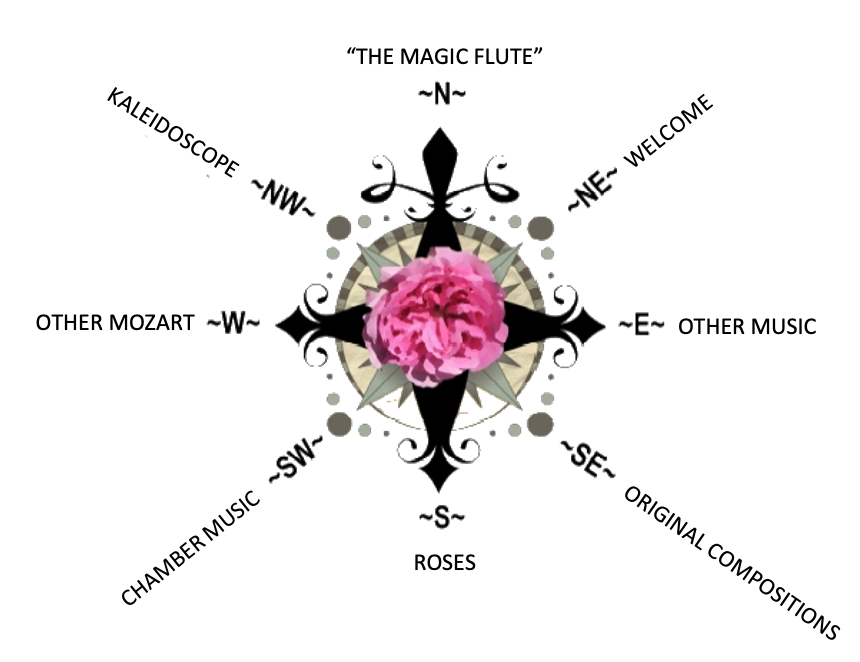- Home
- N - The Magic Flute
- NE - Welcome!
-
E - Other Music
- E - Music Genres >
- E - Composers >
-
E - Extended Discussions
>
- Allegri: Miserere
- Bach: Cantata 4
- Bach: Cantata 8
- Bach: Chaconne in D minor
- Bach: Concerto for Violin and Oboe
- Bach: Motet 6
- Bach: Passion According to St. John
- Bach: Prelude and Fugue in B-minor
- Bartok: String Quartets
- Brahms: A German Requiem
- David: The Desert
- Durufle: Requiem
- Faure: Cantique de Jean Racine
- Faure: Requiem
- Handel: Christmas Portion of Messiah
- Haydn: Farewell Symphony
- Liszt: Évocation à la Chapelle Sistine"
- Poulenc: Gloria
- Poulenc: Quatre Motets
- Villa-Lobos: Bachianas Brazilieras
- Weill
-
E - Grace Woods
>
- Grace Woods: 4-29-24
- Grace Woods: 2-19-24
- Grace Woods: 1-29-24
- Grace Woods: 1-8-24
- Grace Woods: 12-3-23
- Grace Woods: 11-20-23
- Grace Woods: 10-30-23
- Grace Woods: 10-9-23
- Grace Woods: 9-11-23
- Grace Woods: 8-28-23
- Grace Woods: 7-31-23
- Grace Woods: 6-5-23
- Grace Woods: 5-8-23
- Grace Woods: 4-17-23
- Grace Woods: 3-27-23
- Grace Woods: 1-16-23
- Grace Woods: 12-12-22
- Grace Woods: 11-21-2022
- Grace Woods: 10-31-2022
- Grace Woods: 10-2022
- Grace Woods: 8-29-22
- Grace Woods: 8-8-22
- Grace Woods: 9-6 & 9-9-21
- Grace Woods: 5-2022
- Grace Woods: 12-21
- Grace Woods: 6-2021
- Grace Woods: 5-2021
- E - Trinity Cathedral >
- SE - Original Compositions
- S - Roses
-
SW - Chamber Music
- 12/93 The Shostakovich Trio
- 10/93 London Baroque
- 3/93 Australian Chamber Orchestra
- 2/93 Arcadian Academy
- 1/93 Ilya Itin
- 10/92 The Cleveland Octet
- 4/92 Shura Cherkassky
- 3/92 The Castle Trio
- 2/92 Paris Winds
- 11/91 Trio Fontenay
- 2/91 Baird & DeSilva
- 4/90 The American Chamber Players
- 2/90 I Solisti Italiana
- 1/90 The Berlin Octet
- 3/89 Schotten-Collier Duo
- 1/89 The Colorado Quartet
- 10/88 Talich String Quartet
- 9/88 Oberlin Baroque Ensemble
- 5/88 The Images Trio
- 4/88 Gustav Leonhardt
- 2/88 Benedetto Lupo
- 9/87 The Mozartean Players
- 11/86 Philomel
- 4/86 The Berlin Piano Trio
- 2/86 Ivan Moravec
- 4/85 Zuzana Ruzickova
-
W - Other Mozart
- Mozart: 1777-1785
- Mozart: 235th Commemoration
- Mozart: Ave Verum Corpus
- Mozart: Church Sonatas
- Mozart: Clarinet Concerto
- Mozart: Don Giovanni
- Mozart: Exsultate, jubilate
- Mozart: Magnificat from Vesperae de Dominica
- Mozart: Mass in C, K.317 "Coronation"
- Mozart: Masonic Funeral Music,
- Mozart: Requiem
- Mozart: Requiem and Freemasonry
- Mozart: Sampling of Solo and Chamber Works from Youth to Full Maturity
- Mozart: Sinfonia Concertante in E-flat
- Mozart: String Quartet No. 19 in C major
- Mozart: Two Works of Mozart: Mass in C and Sinfonia Concertante
- NW - Kaleidoscope
- Contact
The Music of Franz Schubert
by Judith Eckelmeyer
(GRACE WOODS MUSIC SESSION JULY 31, 2023)
Music historians generally refer to a group of composers living and working from about the middle of the 18th century through the first two decades the “(First) Viennese School”, distinguishing it from the “Second Viennese School” of a century later. The 18th-century “school” consisted of Christoph Willibald Gluck (1714-1787), famous for his reform of operatic composing; Franz Joseph Haydn (1732-1809), considered the father of the symphony; Wolfgang Amadeus Mozart (1756-1791) master of the opera and other genres; Ludwig van Beethoven (1770-1827) who began writing in a new manner which blossomed into the Romantic style; and Franz Schubert (1797-1828), known especially for his Lieder, the new genre of Art Songs. And yes, they all lived and composed at least for a part of their careers in Vienna.
By the way, the “Second Viennese School”, primarily Arnold Schoenberg, Alban Berg, and Anton Weber, and maybe Gustav Mahler as well, turned music in a completely new direction—but that’s another story.
Schubert led a very different life from that of his predecessors. He was the only member of the group born and bred in Vienna; his middle-class family had no troubling antagonisms, and they led a conventional life in the city. His father was a school teacher (which was not a lucrative position—some things never change!), and Franz actually went to school and eventually became his father’s assistant. He even attended college for a time, but then returned to his father’s school to teach.
Franz was an avid student, but excelled in music. While teaching, he had completed his first symphony by the age of 16, and even a 3-act opera the following year, astonishing his teacher, Salieri. There followed several years in which he composed works in small genres—chamber music and Lieder—as well as a Mass setting. He took a year’s break from teaching from 1816 to 1817, visiting a friend and turning out compositions. He returned to teaching only briefly, resigning from his father’s school in 1818 to be able to compose uninterrupted. By this time he had written works in all genres numbering into the 600s, according to the authorized chronological catalog of his music prepared by Otto Erich Deutsch.
Some of these are rightfully famous, particularly the Lieder “Gretchen am Spinnrade” (Gretchen at the Spinning Wheel) and “Der Erlkönig” (The Erl or Elf King), both on texts by Goethe.
Schubert's "Gretchen am Spinnrade"
Wallis Giunta, mezzo soprano | Peter Dugan, piano
Wallis Giunta, mezzo soprano | Peter Dugan, piano
Schubert's Der Erikönig
Baritone, Dietrich Fischer-Dieskau
Baritone, Dietrich Fischer-Dieskau
Schubert’s life took a bad turn in 1822 when he contracted syphilis. Over the course of the ensuing years he would suffer episodes of severe illness, then return to relative health for a while. He knew, of course, the final toll the disease would take, but he kept composing. During these years it’s possible to recognize incursions of a different degree of emotional expression in his music, usually for only several moments before regaining a lighthearted, even carefree tone.
I think the most shatteringly powerful example of this emotion comes during the second movement of the “Great” C-major Symphony (No. 9, D944), written in the year before his death.
Schubert's Symphony No 9 in C major, D 944
Vienna Philharmonic Orchestra Riccardo Muti, conductor
1 Andante - Allegro ma non troppo | 2 Andante con moto | 3 Scherzo. Allegro vivace Trio | 4 Finale. Allegro vivace
Vienna Philharmonic Orchestra Riccardo Muti, conductor
1 Andante - Allegro ma non troppo | 2 Andante con moto | 3 Scherzo. Allegro vivace Trio | 4 Finale. Allegro vivace
But see if you hear something in our longer work for this session: the Octet in F, D803, of 1824.
Schubert's Octet in F Major, D. 803
Antje Weithaas, Violine | Alina Pogostkina, Violine | Veronika Hagen, Viola | Sol Gabetta, Cello | Robert Vizvari, Double Bass | Alejandro Núñez, Horn | Gustavo Núñez, Bassoon | Sabine Meyer, Clarinet
Antje Weithaas, Violine | Alina Pogostkina, Violine | Veronika Hagen, Viola | Sol Gabetta, Cello | Robert Vizvari, Double Bass | Alejandro Núñez, Horn | Gustavo Núñez, Bassoon | Sabine Meyer, Clarinet
1. Adagio. Allegro 0:00
2. Adagio 12:00
3. Scherzo: Allegro vivace 24:10
4. Andante; 7 Variations 30:50
5. Menuetto: Allegretto. Trio 43:12
6. Andante. Allegro 50:24
2. Adagio 12:00
3. Scherzo: Allegro vivace 24:10
4. Andante; 7 Variations 30:50
5. Menuetto: Allegretto. Trio 43:12
6. Andante. Allegro 50:24
The Octet is a large chamber work for clarinet, horn, bassoon, 2 violins, viola, cello and string bass, commissioned by Count Ferdinand Troyer, an amateur clarinettist. The movements are, in order: 1. Adagio-Allegro-Più allegro; 2. Adagio; 3. Allegro-Trio—Allegro vivace; 4. Andante-Un poco più lento (Variations on a song by Schubert himself); 5. Menuetto-Allegretto-Trio-Menuetto-Coda; 6. Andante molto-Allegro-Andante molto-Allegro molto
Not all of Schubert’s late works dwell in the darkness of his deepening illness. “Die Allmacht” (The Almighty), D852 of 1835, on a text by Johann Ladislav Pyrker, proclaims the evidence of God in the awe-inspiring power and beauty of nature, but also God as the source of grace and mercy:
Schubert's Die Allmacht, D.852
Jessye Norman | Phillip Moll
Jessye Norman | Phillip Moll
“Great is Jehovah the Lord! For heaven and earth declare his might.
You hear it in the raging storm, in the loud swelling call of the woodland stream;
You hear it in the rustling of the green wood, see it in the gold of the swaying corn,
In the warm glow of sweet flowers, in the brightness of the star-strewn sky,
fearsomely it peals in the thunderclap and blazes in lightning’s swift, flashing flight.
Yet your beating heart proclaims more tangibly still the might of Jehovah, the everlasting God, when in supplication you look up and hope for grace and mercy.”
Trans. Robert Jordan
You hear it in the raging storm, in the loud swelling call of the woodland stream;
You hear it in the rustling of the green wood, see it in the gold of the swaying corn,
In the warm glow of sweet flowers, in the brightness of the star-strewn sky,
fearsomely it peals in the thunderclap and blazes in lightning’s swift, flashing flight.
Yet your beating heart proclaims more tangibly still the might of Jehovah, the everlasting God, when in supplication you look up and hope for grace and mercy.”
Trans. Robert Jordan
Judith Eckelmeyer © 2023
Choose Your Direction
The Magic Flute, II,28.

